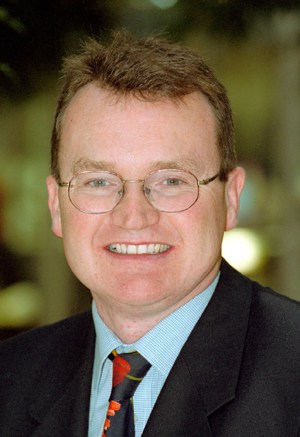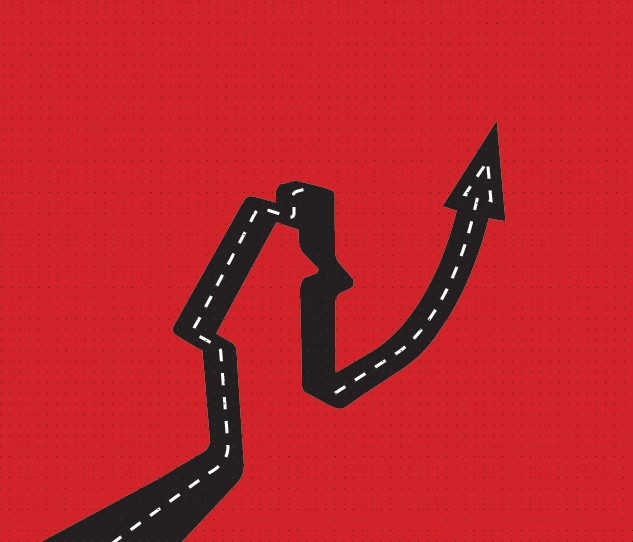Having come through a difficult period, the Irish economy is getting back on track with a clearer idea of economic performance and prospects for 2015, writes Jim Power.
Official growth data for Q4 of last year showed GDP growth of 4.1% and GNP expanded by 6.3%. For 2014 as a whole, GDP expanded by 4.8% and GNP expanded by 5.2%. These are strong growth numbers and confirm that the recovery is becoming more broadly based.
Every defined sector of the economy made a positive contribution to growth performance last year, with output from industry up 1.1%; construction up 6.9%; distribution, transport and communications up 8%; public administration up 1.1%; agriculture up 10%; and other services up 3.4%. This is the first time this has happened since the economic crisis commenced in 2008. Ireland was the strongest growing economy in the EU in 2014 and looks set to be the strongest in 2015 also.
Consumer spending is still the most fragile part of the recovery, but it too is showing gradual signs of improvement. Over the remainder of the year a further improvement in employment; a continued pick up in earnings; and the impact of the tax changes in Budget 2015 and those to be announced in Budget 2016, should combine to support an ongoing gradual improvement in consumer spending. The biggest external risk over the coming months will be the ongoing difficulties in the eurozone, with Greece a key focus of attention.
RISK FACTORS
Domestically, ongoing efforts will have to be made to address personal and SME debt, the still high level of sovereign debt, and the banking system. Progress is being made in all of these areas, but there is still a lot of work to do. The geographic nature of the recovery is also an issue of concern as the Greater Dublin Area is currently the key driver.
The most obvious risk factor is now political. An election must be held in April 2016 at the latest. There is no guarantee that the formation of a stable government will be possible due to the growing proliferation of Independents. Political stability has been a key factor in selling Ireland to investors in recent years. This is a source of concern because political instability can often result in poor policy making, with long-term negative consequences.
The Irish electorate needs to be very careful not to undermine the progress that has been made in very different circumstances since the economy crashed. Agree or disagree with the policies that have been pursued since 2008, it is clear that they are now starting to bear fruit.
This improvement in economic conditions is having a very clear impact on the property sector, which was the key casualty of the economic crash. The CSO’s national house price index records the price paid by the purchaser on a property that has a mortgage attaching.
The latest report from the CSO shows that national average property prices declined by 1.4% in January, but were 15.5% higher than a year ago and are now 25.3% off the low point seen in March 2013. Dublin prices declined by 1.9 % in January and were 21.6 % up on a year ago and are now 43.5% off the low point in August 2012; and outside of Dublin, property prices declined by 0.9% during January and were 9.3% higher than a year ago and are now 13.2% off the low point in March 2013.
CAUTION REQUIRED
Commercial property is also recovering. In 2014, there was direct real estate investment of €4.4bn and total property returns of just over 40% were delivered in the Irish market. Office and retail did very well, with industrial lagging somewhat. A key feature of the market last year was both the overseas and domestic interest. There is clearly a strong belief amongst many investors that the Irish property market again represents very good value after such a calamitous collapse.

Jim Power, Friends First
Property has come back into fashion in an environment of historically low short-term interest rates and bond yields, and following six years of very strong gains in equity markets. For investors, it is important to be cautious and ensure that the investment portfolio is well diversified and not dependent on a single asset class as was the case for many people when the market collapsed in 2008. The performance of the domestic economy will be the crucial determinant of property investment performance. Based on the momentum that the economy is currently displaying and the economic outlook as far as we can determine, investors will continue to renew their love affair with property.
The geographic nature of the recovery is also an issue of concern as the Greater Dublin Area is currently the key driver.





